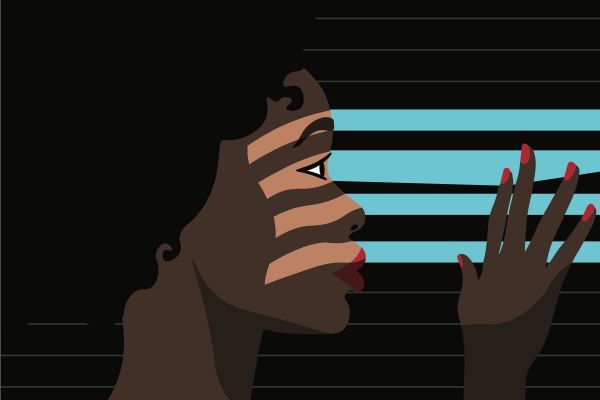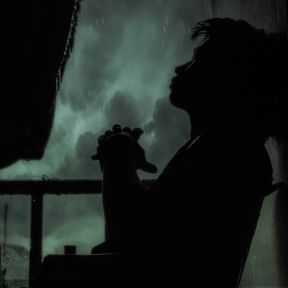
Hikikomori
Hikikomori is a culture-bound phenomenon in Japan wherein people remain isolated and withdrawn and stay in their parents' homes. The individuals, mostly young people, are incapable, or refuse, to attend work or school for months or years. In the worst cases, they are secluded for years.
The term was coined and described in the book Hikikomori: Adolescence Without End by Japanese psychiatrist Saito Tamaki, in 1998. "Hiki" means pulling inward or withdrawing and "komori" means being confined or being inside. It is similar to the Western concept of failure to launch.
Hikikomori is not a mental health disorder, nor is it listed in the Diagnostic and Statistical Manual of Mental Disorders. The symptoms of hikikomori do not fit precisely into any given mental health disorder, for example, depression or anxiety. The individual may stay in contact with others via social media or the internet; a person with hikikomori is not necessarily introverted or shy, either. There is some evidence showing a possible relationship between this phenomenon and the compulsive use of digital technology. For the most part, are largely engaged in gaming, while women are generally on social media.
Any number of pressures can affect a person, including academic stress, a parent’s expectations, the fear of failure, or social demands. Dysfunctional family dynamics, for one, can play a role in social withdrawal, especially if the individual experienced abuse, maltreatment, or trauma in childhood.
Some associated conditions include the autism spectrum, mood disorders, gaming disorder, as well as some personality types. Both men and women with hikikomori, for example, score higher in avoidant personality scales, and some reports show a common comorbidity of hikikomori is avoidant personality disorder. Social anxiety disorder is also linked to hikikomori. However, a person can experience severe social withdrawal without the presence of any mental health condition.
Three months of social withdrawal is known as pre-hikikomori. As the condition progresses, the individual escapes emotionally and withdraws from in-person relationships. Late-stage hikikomori comprises a complete disengagement from the physical world and a complete immersion in the virtual world.
COVID did indeed affect people with severe social withdrawal. The pandemic worsened the isolation of these people and may have extended the duration of their withdrawal in some cases.
Most individuals who exhibit social withdrawal do not seek help voluntarily. Family and loved ones can help the person by identifying the behavior early and working to avoid it becoming entrenched, by encouraging therapy as soon as behavior is concerning. For young people, parents may wish to lower the pressures of academic achievement, social success, and other demands. It is important to consult with a mental health professional to be certain the individual is not dealing with a mental health condition such as depression, or exhibiting symptoms of a personality disorder.
Therapy is certainly useful and can be administered through individual, group, or family sessions. If the person refuses therapy, they may be asked to attend without verbal participation. It is important to seek professional help when concerns are first suspected, before the behavior becomes habitual.








